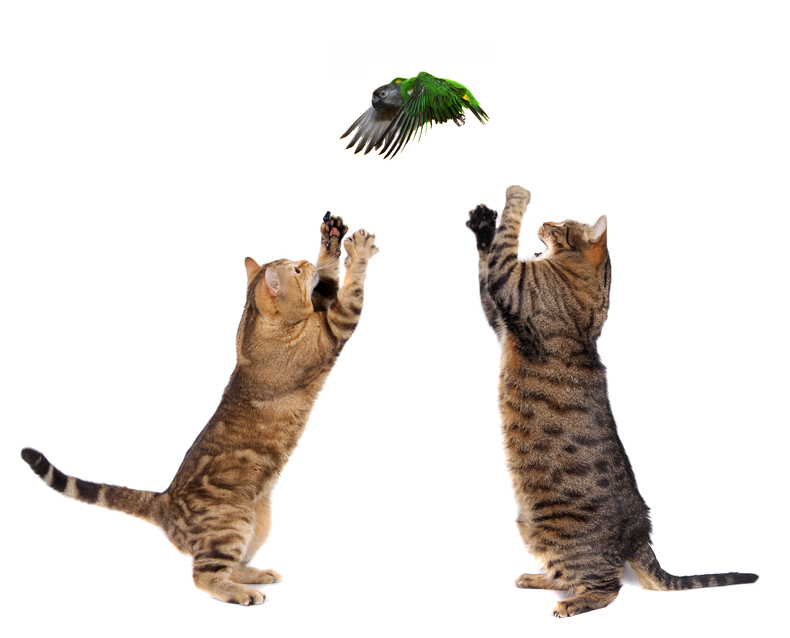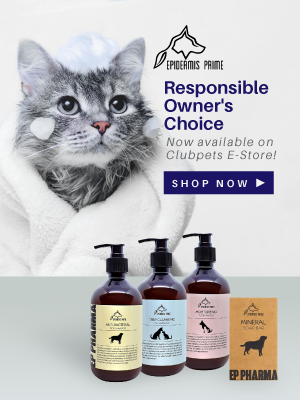Bird Proofing Your Home


Although most bird owners have their pet’s best interests at heart, it is impossible to foresee every single household danger that our avian friends can get into. Thus, it is wise to be aware of the most common dangers, so that we can avoid the following situations:
Lack of Water
Deprivation of water can lead to fatal results. The most common reason for this is due to a malfunctioning water bottle. The delivery tube’s ball may get stuck when the bird stuffs an object into the tube; if an owner doesn’t check that the water bottle is working on a daily basis, or if it is not noticed that the water level in the bottle is not going down, it may be days before the problem is recognised. Most birds will die if deprived of water for three days, unless lots of moisture-laden foods are fed.
Unclipped Wings
If a bird is to be allowed outside of its cage, its wings should be properly clipped. This means that it can glide gracefully to the ground. If the wings are not clipped correctly or if several primary wing feathers have grown back unbeknownst to the owner, an alarmed bird may end up flying erratically around the house or worse, launch itself into the top of a tree!
Toxic Fumes
Non-stick cookware and other household items possessing a non-stick surface made from polytetrafluoroethylene (PTFE) can be toxic to birds. If overheated, the gas released is extremely dangerous to birds and can result in death. Irons, ironing board covers and heat-lamps with a PTEFE coating should not be used around birds.
Passive inhalation of cigarette smoke can cause chronic eye problems, skin irritation and respiratory disease. Birds that live in the homes of smokers may develop coughing, sneezing, sinusitis and conjunctivitis, which may resolve spontaneously if the bird is moved to a location free of smoke.
Other Pets
Birds should never be left unsupervised outside of the cage, especially if other animals, including other birds, share the same house. Never leave a pet dog or cat alone with a pet bird. May birds have died as a result of another house pet either ‘playing’ too exuberantly with a bird, or from the pet biting or stepping on the bird.
Birds may also injure each other. Especially with the onset of puberty, birds that previously might have gotten along together may begin fighting, with the result often being fatal. Toes are the most commonly injured body part, and bleeding may become serious.
Heat Exposure
Pet birds, even those from warm, tropical climates, cannot tolerate excessive heat. A typical situation which causes overheating may be when an owner places a cage outdoors in the shade in the morning for fresh air, and as the sun moves across the sky during the day, the bird may end up in the direct sun by the afternoon. With no place to escape the sun, a bird may rapidly develop hyperthermia. If the bird’s body temperature rises high enough, it is very likely to suffer a seizure and die.







